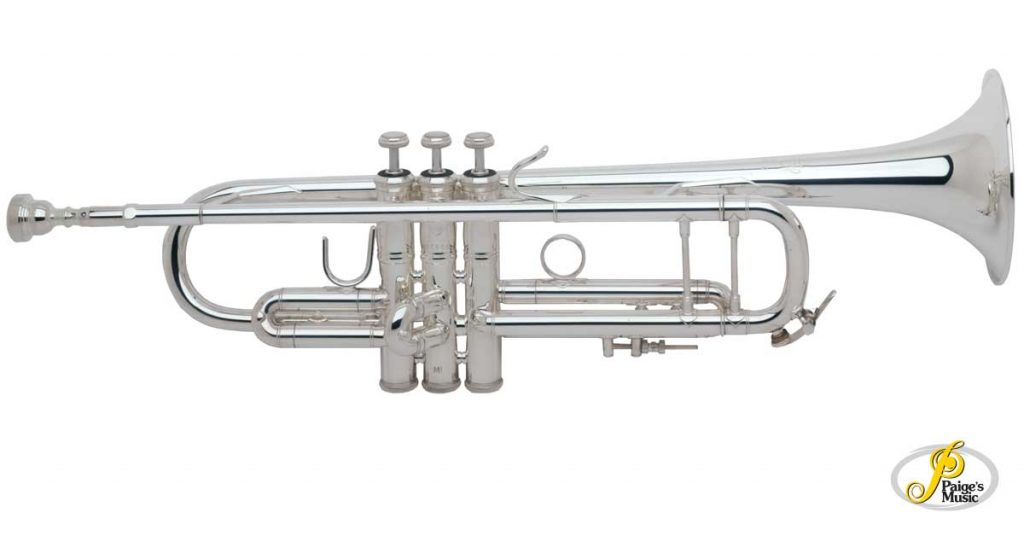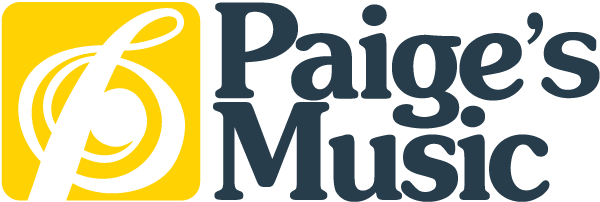When to Buy Which Trumpet? Classical Edition

Last time we discussed instruments that would be good for those of us who primarily want to play jazz or commercial types of music and left it by discussing studio musicians who may need to do it all. This leads us nicely into the classical side of trumpet playing and the instruments needed for that work. In order of importance here are my suggestions. (Your timeline may vary. Please consult your teacher/professor on when it is appropriate to purchase these instruments)
Primary: After a more specialized Bb trumpet such as a Bach 190-37 or Yamaha 9335 series, classical players will mainly play a C trumpet. The two most popular models of C trumpet are unquestionably the Bach Stradivarius 180-229/25H and the Yamaha 9445CH.
Piccolo: A good solid piccolo is also needed in the classical world. Many works either specifically request, or are made easier by using a piccolo. The best options here would be Schilke P5-4, Yamaha 9835, or the Bach Artisan AP190.
Eb/D: These instruments can be used for chamber works and solo repertoire as well as executing tricky or delicate passages in larger ensembles. There are two options that are fairly different, but definitely have their place. The Schilke E3-L is a smaller, elegant sounding instrument that works well in chamber settings and solo performances. The Yamaha 9636 is a larger instrument that can handle projecting over a large ensemble, but might be too much trumpet for playing solo material with a pianist. A good meeting between the two previous models is the S.E. Shires model 6. Large enough to handle work in an ensemble, yet nimble enough to play recitals on.
Rotary Valve trumpet: Players in larger conservatories or working freelance and professional orchestral musicians will likely need a rotary trumpet in either Bb or C. These instruments are usually made in Germany or Austria where they are mostly played and are handmade to order. There is a staggering amount of brands but two of the most popular ones used today are Schagerl and Weimann.
Cornet: Some chamber works, orchestra, and solo repertoire may ask for cornet. These are typically pitched in Bb, but orchestral players may decide to purchase a Cornet pitched in C.
As always, choosing an instrument is a very personal process and should not be rushed and sadly, not every possible option for these career paths was not able to be listed. Take your time and really get to know several models before making the choice that works best for you.

No Comments